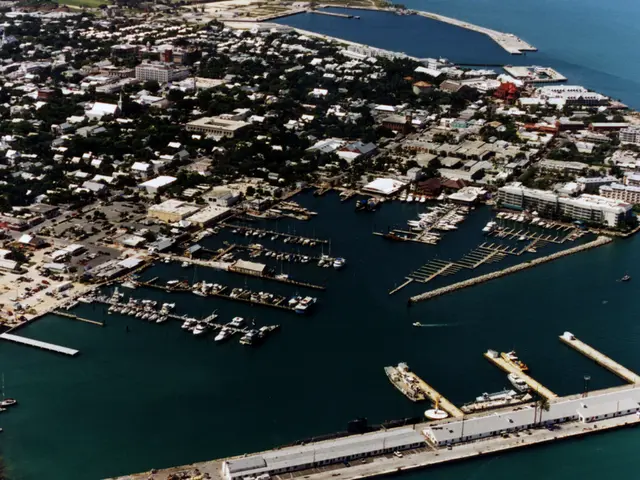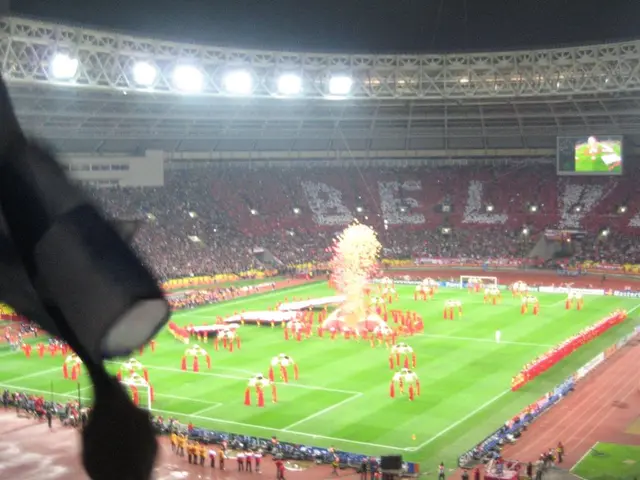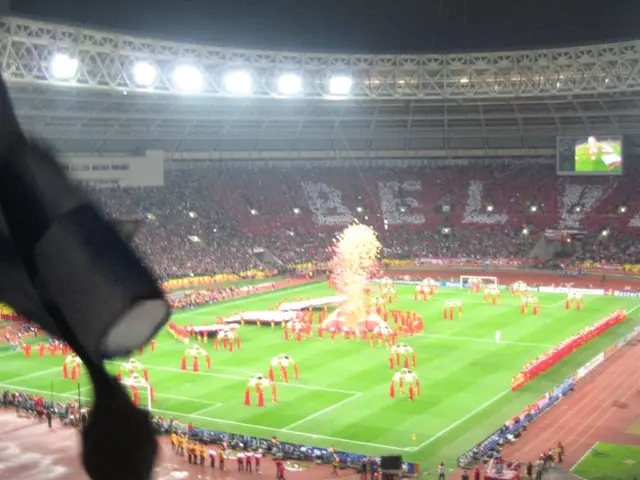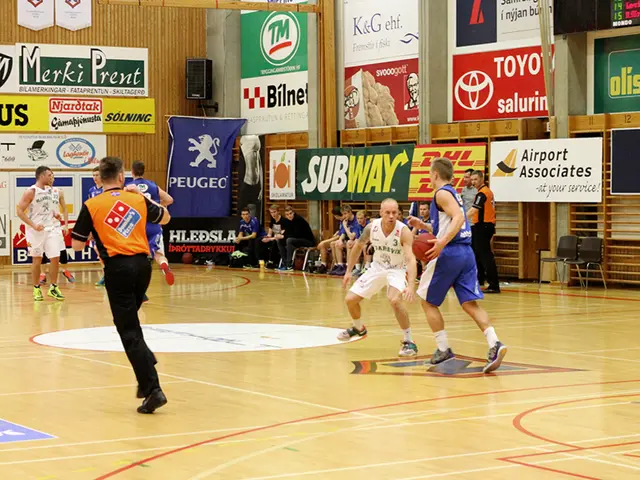Trump and Putin to convene in Alaska on the following Friday
Russian bombardments have destroyed swathes of eastern and southern Ukraine, with tens of thousands of people killed and millions forced to flee their homes since the full-scale invasion began in February 2022. Despite the ongoing conflict and rhetoric about territorial control, no official or proposed territorial border changes between Ukraine and Russia have been formally presented or approved, linked to the upcoming Alaska summit between former US President Donald Trump and Russian President Vladimir Putin.
The Kremlin has confirmed the summit, calling the location "quite logical." However, the idea of a "land swap" to end the war in Ukraine, suggested by Trump, does not reflect the current ground realities. Ukraine's counteroffensive into Russian territory has largely stalled, making the prospect of territory swaps problematic.
Reports suggest Russia is militarily consolidating control especially over Luhansk, Donetsk, Zaporizhia, and Kherson oblasts, which Russia frames as inevitable annexation or permanent control. From a legal and political perspective, any territorial change within Ukraine requires a nationwide Ukrainian referendum and suspension of martial law, neither of which have occurred or are planned. NATO and Western nations do not accept the legality of Russia’s territorial control by force, legally recognizing the territories but have sometimes acknowledged de facto control without normalization or recognition of such borders.
As of July–August 2025, Russian forces control around 18.9% of Ukrainian territory (roughly 44,000 square miles), continuing small incremental gains but no finalized territorial transfers have been made. Donetsk governor Vadym Filashkin announced that families with children will be evacuated from 19 more villages in the region's east, where Russian forces have been advancing.
China's Xi Jinping expressed support for a "long-term" solution to the conflict, while Xi and Modi have both tried to tout their own peace initiatives for Ukraine, though they have gained little traction. Putin held consultations with the leaders of China and India ahead of the summit with Trump, and China's Xinhua state news agency quoted Xi as saying that China is glad to see Russia and the US maintain contact and promote a political settlement of the Ukraine crisis.
Zelensky stated in his regular evening address that it is only fair that Ukraine should be a participant in the negotiations. Putin resisted calls for a ceasefire from the United States, Europe, and Kyiv. Trump has been invited to visit Russia by the Kremlin, but no details have been disclosed about the summit's agenda or potential outcomes.
In summary, the upcoming Alaska summit between Trump and Putin is expected to be highly contentious, with Russia continuing to push to solidify occupation of parts of eastern and southern Ukraine, while the West and Ukraine reject formal recognition of such changes without Ukrainian consent and proper legal processes.
Diplomatic discussions about the Ukraine crisis, including potential solutions like a "land swap," are taking place amidst ongoing military conflicts, government politics, and general news. The Kremlin's proposal for a territorial change through a land swap, as suggested by Trump, is currently impractical due to the stalled Ukrainian counteroffensive and the lack of formal territoiral border changes.








